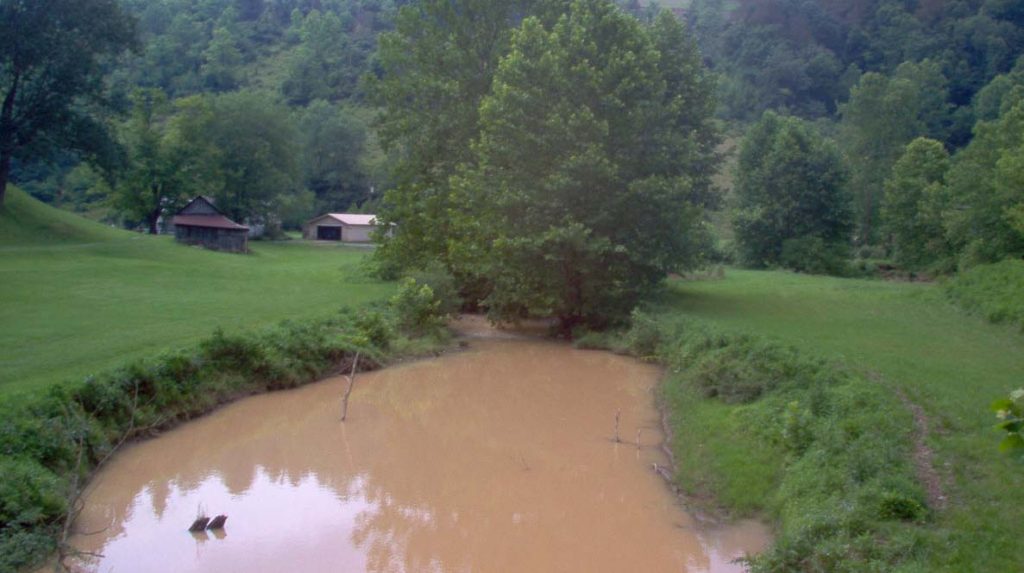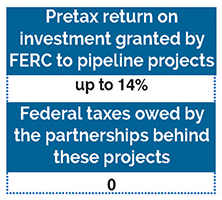Cleaning Up Coal Ash
For well over a century, power plants across the country have burned coal to generate electricity. And for just as long, leftover coal ash has been dumped in open, unlined pits near the power plant, usually located on a river or lake. Every year, U.S. power plants produce 130 million tons of coal ash, which is the second largest waste stream in the country after municipal garbage.
Coal ash concentrates the toxic heavy metals found in coal, including arsenic, mercury, lead and selenium. Stored in unlined, wet impoundments, coal ash has been leaking these toxics into our groundwater and surface waters for years. Sometimes these impoundments collapse — with disastrous results.
Yet government regulations for coal ash management are either non-existent or sparse, and there is little enforcement of the regulations that do exist. In North Carolina, this lack of oversight — and the complicity between state regulators, elected officials and Duke Energy — came to a boiling point in February 2014 when one of Duke’s coal ash impoundments spilled 39 million tons of ash into the Dan River.
Citizens living near North Carolina’s 33 coal ash impoundments — all of which have leaked — have fought for transparency from Duke and the state, and for cleanup of the pollution that threatens their property value, health and family. Their actions forced this issue into the headlines of news networks and to the forefront of environmental justice conversations in the United States.
Appalachian Voices stood with these communities as we worked for years to compel Duke Energy and the N.C. Department of Environmental Quality to excavate coal ash from all the North Carolina sites and dispose of it either in lined, dry landfills, away from waterways, or by recycling it for concrete or other uses, provided it’s done in a manner that protects public health and the environment.
On Jan. 2, 2020, North Carolina announced a historic settlement with one of the state’s most powerful corporations and polluters, Duke Energy. The settlement requires Duke to move nearly 80 million tons of toxic coal ash at six of its power plants to properly lined landfills onsite or recycle it.

Learn information about specific coal ash impoundments in the South, including health threats and safety ratings:
Additional Resources
Fact sheets, videos, links to academic research, and more
Sign Up to Act
Help us protect the health of our communities and waterways.
Latest News
Report finds thousands in western N.C. and eastern Tenn. need energy efficiency financing
CONTACT: Rory McIlmoil, Appalachian Voices Energy Savings Program…
Congress includes $10 million for Southwest Virginia coal communities in spending plan
Contact: Adam Wells, New Economy Program Manager, 276-679-1691,…
Atlantic Coast Pipeline is far from a done deal
In a classic “fake news” move, Dominion Resources execs held a tele-press conference yesterday where they basically said the Atlantic Coast Pipeline is a done deal. But at least 25,000 people across W.Va., Va. and N.C. are demanding answers, such as: Is this pipeline even needed?
Appalachian Voices marches for science
Despite chilly winds and rain, Appalachian Voices’ staff members and volunteers spanned out across the region last weekend to “March for Science” with thousands of others in D.C., Charlottesville and Asheville.
Coal slurry spill in West Virginia linked to Alpha Natural Resources affiliate
A coal slurry spill on March 23, 2017, leaked approximately 5,400 gallons of coal slurry into Crooked Run, a tributary of the Coal River. The processing plant in Boone County, W.Va., where the spill originated is affiliated with Alpha Natural Resources.
Who Profits from the Pipelines?
Expansion of the natural gas infrastructure through constructions such as the Atlantic Coast and Mountain Valley Pipelines carry significant risks to the environment and communities near them. But they also carry significant financial benefits for the companies that build them, which may help explain the rush to build more and more pipelines.









